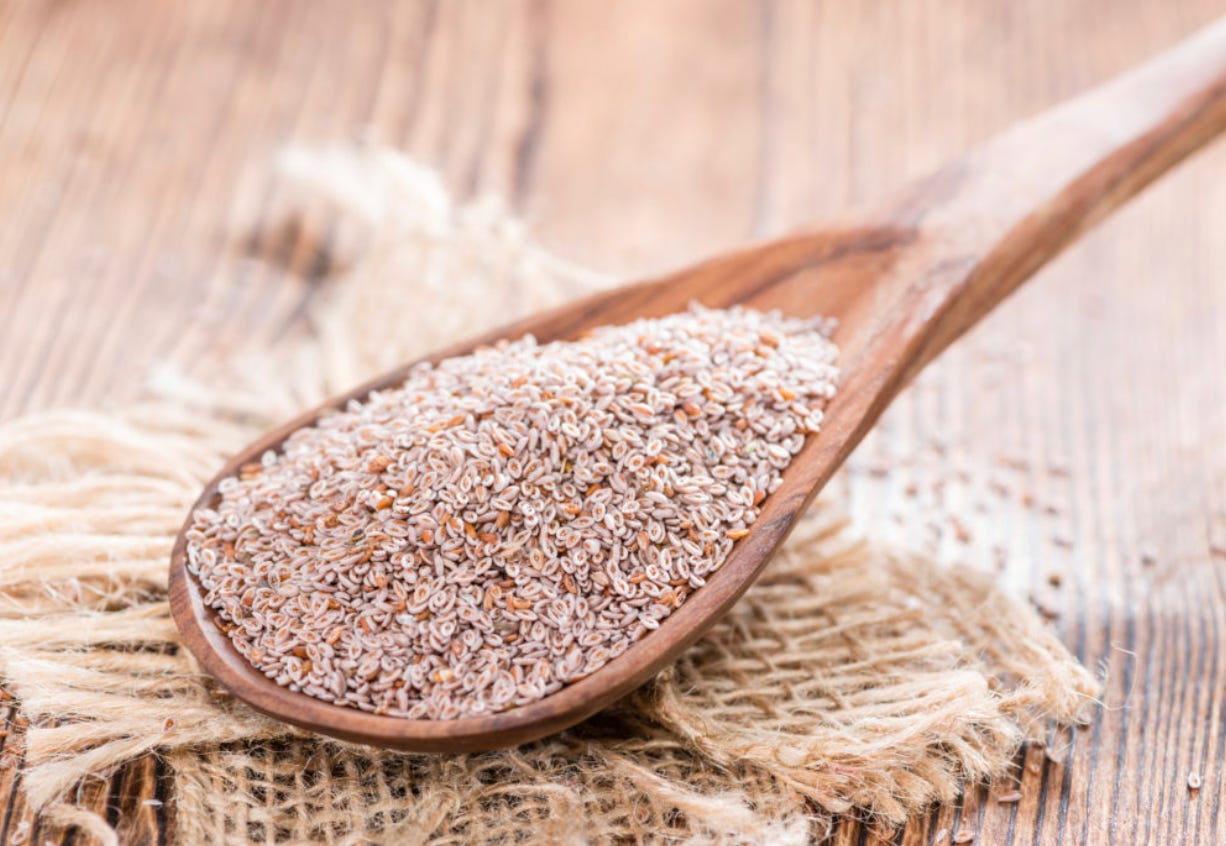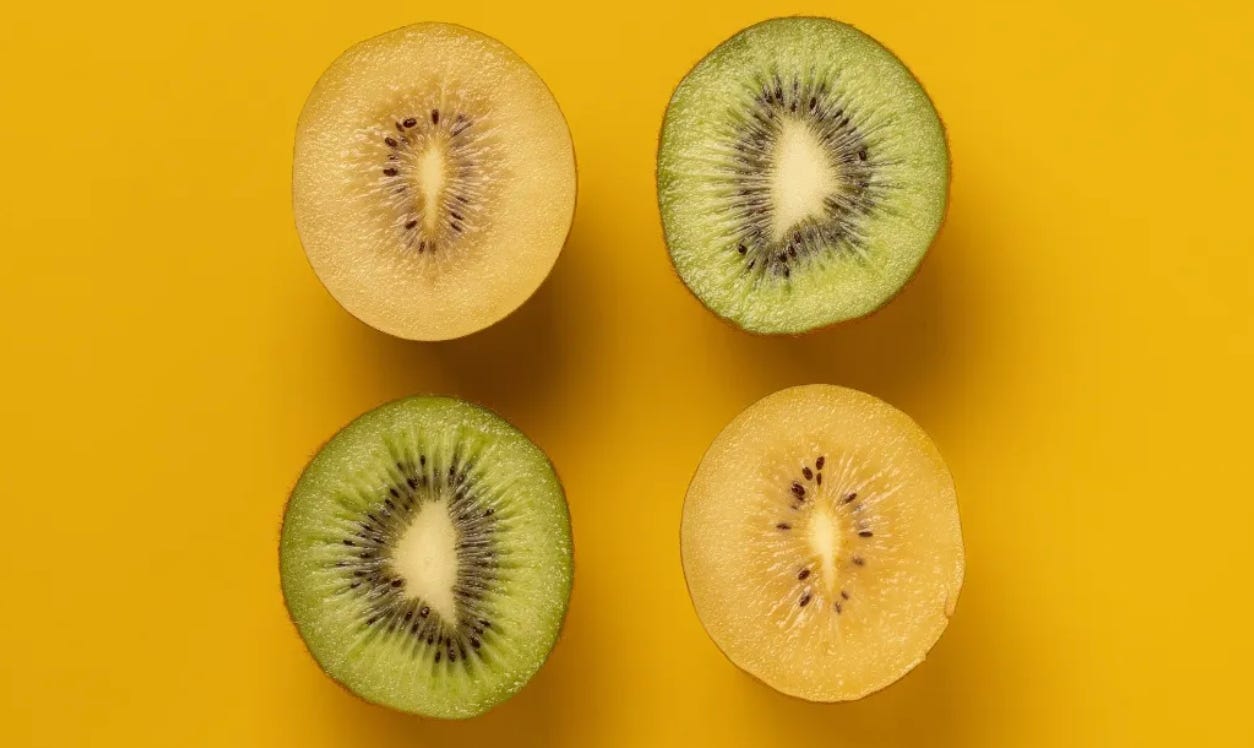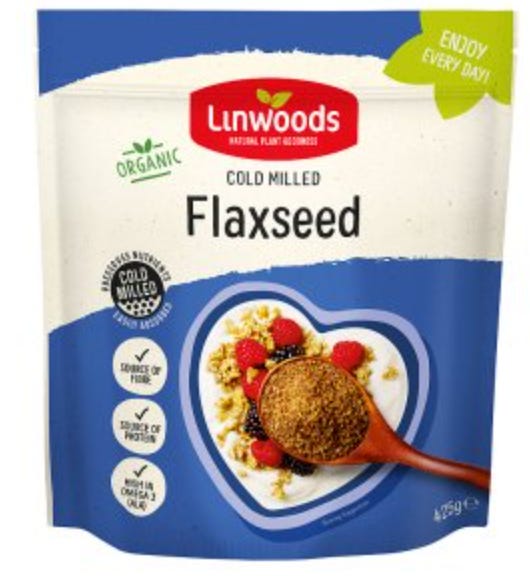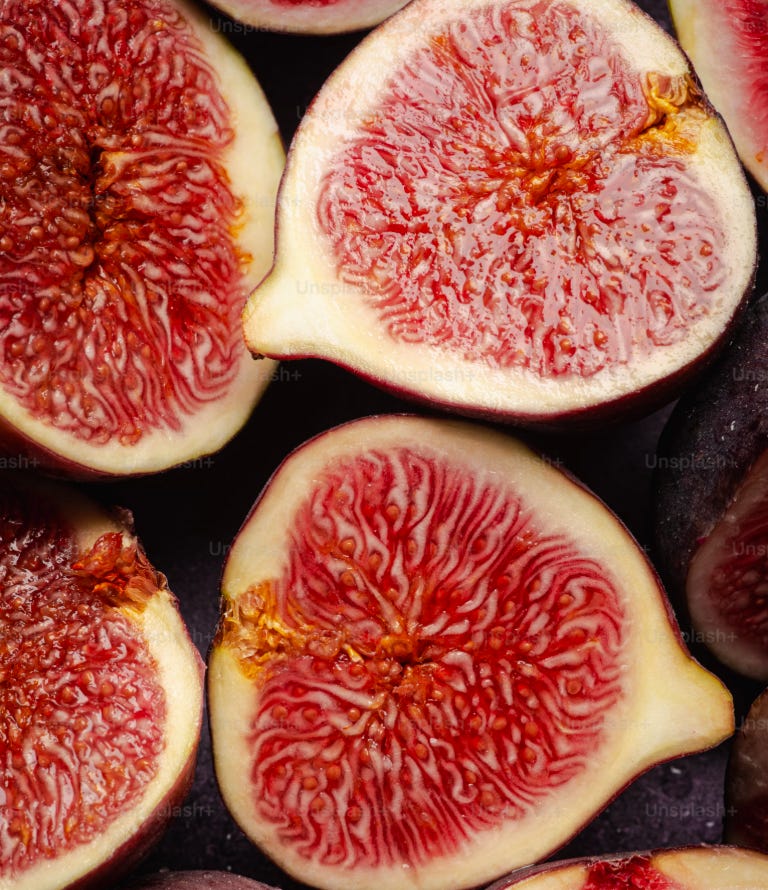A deep dive into nature’s most effective constipation remedies, backed by evidence based research
Let’s talk about something we all experience but rarely discuss openly…
Constipation.
If you’ve ever found yourself uncomfortably backed up, you’re not alone.
Although laxatives have their role, nature has it’s own remedies for your rock hard stools.
Constipation can significantly effect overall quality of life with symptoms of bloating, nausea and abdominal cramping.
Excess straining as a result from hard pebble-like stools can lead to anal fissures and haemorrhoids (not fun).
Nature has provided us with some remarkably effective solutions that actually taste good too.
Today, I’m sharing five foods that have impressed researchers with their ability to get things moving.
But here’s what makes this different from your typical “eat more fibre” advice: we’re going to explore exactly how these foods work their magic in your gut, backed by fascinating clinical trials that prove their effectiveness.
Join my newsletter….improving your liver and gut health…one e-mail at a time! https://drhussenbux.substack.com/
Why These Foods Are Different
When you pair any of these foods with adequate water intake (about 6-8 glasses daily), you amplify their effectiveness dramatically.
Think of water as the essential partner that helps these foods do their job.
The idea is to use these foods as your first line management.
If you have persistent constipation despite trying these foods regularly, it’s worth seeking help from a professional (you may also need blood work including coeliac screen, calcium and magnesium levels and thyroid function). You will also likely need a laxative regime and further investigations.
1. Psyllium Husk: The Water-Absorbing Champion
How it works: Imagine a tiny sponge that can absorb 50 times its weight in water. That’s essentially what psyllium does in your gut. When you mix it with liquid, it forms a gel that stays intact all the way through your digestive system, keeping your stool soft and bulky enough to trigger those natural muscle contractions that move waste along.
The evidence: A systematic review including 16 clinical trials with over 1,200 participants found that 66% of people taking psyllium experienced relief, compared to just 41% in control groups.
Your dose: Start with 5-10 grams daily (about 1-2 teaspoons) mixed in a full glass of water, and work up to 10-25 grams if needed. The key is consistency; most people see results after 4 weeks of daily use.
Pro tip: Always, always drink it immediately after mixing, and follow with another glass of water. This prevents it from gelling up in your throat (not dangerous, just unpleasant).

2. Prunes: Not Your Grandma’s Remedy (Or Maybe It Is, And She Was Right)
How it works: Prunes are like a triple threat against constipation. They contain sorbitol, a natural sugar that draws water into your intestines (similar to how salt makes you thirsty). They’re packed with both soluble and insoluble fibre. And they have special compounds called polyphenols that may help stimulate gut contractions. It’s like nature designed the perfect constipation fighter.
The evidence: Here’s where it gets interesting. In a head-to-head study, prunes actually outperformed psyllium! People eating prunes had an average of 3.5 complete bowel movements per week compared to 2.8 with psyllium. Scientists were so impressed they recommended prunes as a first-line treatment.
Your dose: 50-100 grams daily (that’s about 6-12 prunes). Start with 6 and see how you feel. Some people prefer prune juice—about 125ml (½ cup) twice daily works well.
Pro tip: Soak them overnight in warm water for an extra-soft texture, and drink the soaking water too…it contains beneficial compounds!

Grandma knows best!
3. Kiwi Fruit: The Enzyme Powerhouse
How it works: Kiwis have a secret weapon called actinidin, an enzyme that actually helps break down proteins more efficiently than your own digestive enzymes. This speeds up how quickly food moves through your system. Plus, kiwi fibre holds onto water exceptionally well; 26% better than many other fruits; keeping things moving smoothly.
The evidence: A recent international study across Italy, Japan, and New Zealand found that eating two kiwis daily increased complete bowel movements by 1.5+ per week. Even better? People reported feeling more comfortable overall, with less bloating than other fibre sources.
Your dose: Simply eat 2 green kiwis daily. You can eat them with the skin on (seriously!) after washing—the skin contains extra fibre and nutrients.
Pro tip: If the fuzzy skin weirds you out, try gold kiwis instead. They have smooth skin and are slightly sweeter.

Skin on or off…that is the question!
4. Flaxseeds: The Gentle Gut Stimulator
How it works: This is where things get really interesting. Flaxseeds act as a bulking agent and they actually communicate with your nervous system! They activate specific receptors (called cholinergic pathways) that tell your intestinal muscles to contract more effectively. Plus, when ground flaxseeds get wet, they form a slippery gel that acts like a natural lubricant.
The evidence: In one study, people taking flaxseed increased their bowel movements from 2 to 7 times per week…that’s better than many medications! Another study found flaxseeds outperformed psyllium in people with diabetes and constipation.
Your dose: 1-2 tablespoons (10-20 grams) of ground flaxseed daily. Always use ground, not whole….whole seeds pass right through you undigested.
Pro tip: Grind a week’s worth in a coffee grinder and store in the freezer. Sprinkle on yogurt, oatmeal, or smoothies. The nutty flavour is more palatable.

Or skip the coffee grinder and just buy this!
5. Figs: The Ancient Secret
How it works: Figs are fascinating. They stimulate special cells in your colon to produce more mucin. This is a slippery substance that coats your intestinal walls like a water slide. They also enhance peristalsis to help move waste through your system, reducing the time your colon has to pull water out of your stool.
The evidence: Korean researchers found that eating fig paste (equivalent to 3 figs) daily nearly doubled bowel movement frequency…from about 2 to almost 4 times per week. People also reported their stools went from hard pellets to normal, well-formed consistency.
Your dose: 3 fresh figs or 45 grams of fig paste daily. Dried figs work too; about 3-4 daily.
Pro tip: Make a “fig jam” by soaking dried figs overnight and blending them. It’s delicious on toast and delivers your daily dose!

The Water Factor: Why Hydration Changes Everything
Here’s something that blew my mind when I dove into the research…
Fibre without adequate water can actually make constipation worse. Your colon’s main job is absorbing water, and when you’re dehydrated, it goes into overdrive, creating those hard, painful-to-pass stools.
A landmark study split people into two groups. Both ate the same amount of fibre, but one group drank 2 litres of water daily while the other drank whatever they wanted (about 1 litre). The high-water group had dramatically better results in both frequency and comfort.
Your hydration prescription: Aim for 1.5-2 litres (6-8 glasses) of water daily, spread throughout the day. When you increase fibre, increase water too. Think of them as partners that need each other to work.

Putting It All Together
You don’t need to eat all five foods
Pick one or two that appeal to you and give them a consistent 2-4 week trial.
Here’s a sample day that incorporates these foods naturally:
Morning: Ground flaxseed in your smoothie or oatmeal
Snack: 2 kiwis
Afternoon: A handful of prunes or figs
Throughout the day: Steady water intake
Remember, these aren’t quick fixes like laxatives. They’re gentle, sustainable solutions that work by supporting your body’s natural processes.
Most people see improvements within 1-3 weeks of consistent use.
Getting you to that type 4 stool (look up the Bristol stool chart)
What I love about these foods is that they are also contributing to your overall health with vitamins, minerals, antioxidants, and beneficial effects on your gut microbiome. You’re not just relieving constipation; you’re nourishing your entire digestive system.
Have you tried any of these foods? I’d love to hear about your experience in the comments. And if you found this helpful, please share it….you never know who might be silently struggling and could benefit from this information.
Stay regular, friends!
P.S. While these foods are safe for most people, if you have chronic constipation lasting more than a few weeks, please check with your healthcare provider. Sometimes constipation can signal other health issues that need attention.
Struggling with digestive issues that affect your daily life? Invest in your gut health with a private, personalised consultation where I will explore your specific symptoms and develop a targeted treatment plan. Take the first step toward digestive wellness today: https://bucksgastroenterology.co.uk/contact/
References
- van der Schoot A et al. The Effect of Fiber Supplementation on Chronic Constipation in Adults: An Updated Systematic Review and Meta-Analysis of Randomized Controlled Trials. Am J Clin Nutr. 2022 Oct 6;116(4):953-969.
- Ashraf W, Park F, Lof J, Quigley EM. Effects of psyllium therapy on stool characteristics, colon transit and anorectal function in chronic idiopathic constipation. Aliment Pharmacol Ther. 1995 Dec;9(6):639-47.
- Jalanka J et al. The Effect of Psyllium Husk on Intestinal Microbiota in Constipated Patients and Healthy Controls. Int J Mol Sci. 2019 Jan 20;20(2):433.
- Attaluri A et al. Randomised clinical trial: dried plums (prunes) vs. psyllium for constipation. Aliment Pharmacol Ther. 2011 Apr;33(7):822-8.
- https://ijpsr.com/bft-article/therapeutic-and-pharmacological-potential-of-prunus-domestica-a-comprehensive-review/?view=fulltext
- Lever E et al. The effect of prunes on stool output, gut transit time and gastrointestinal microbiota: A randomised controlled trial. Clin Nutr. 2019 Feb;38(1):165-173
- Lee YK et al. Kiwifruit (Actinidia deliciosa) changes intestinal microbial profile. Microb Ecol Health Dis. 2012 Jun 18;23.
- Gearry R et al. Consumption of 2 Green Kiwifruits Daily Improves Constipation and Abdominal Comfort-Results of an International Multicenter Randomized Controlled Trial. Am J Gastroenterol. 2023 Jun 1;118(6):1058-1068.
- Kaur L et al. Actinidin enhances gastric protein digestion as assessed using an in vitro gastric digestion model. J Agric Food Chem. 2010 Apr 28;58(8):5068-73
- Kajla P, Sharma A, Sood DR. Flaxseed-a potential functional food source. J Food Sci Technol. 2015 Apr;52(4):1857-71
- Soltanian N, Janghorbani M. Effect of flaxseed or psyllium vs. placebo on management of constipation, weight, glycemia, and lipids: A randomized trial in constipated patients with type 2 diabetes. Clin Nutr ESPEN. 2019 Feb;29:41-48.
- Anti M et al. Water supplementation enhances the effect of high-fiber diet on stool frequency and laxative consumption in adult patients with functional constipation. Hepatogastroenterology. 1998 May-Jun;45(21):727-32.
- Arnaud MJ. Mild dehydration: a risk factor of constipation? Eur J Clin Nutr. 2003 Dec;57 Suppl 2:S88-95
- Tramonte SM et al. The treatment of chronic constipation in adults. A systematic review. J Gen Intern Med. 1997 Jan;12(1):15-24.
General Disclaimer
Please note that the opinions expressed here are those of Dr Hussenbux and do not necessarily reflect the positions of Buckinghamhsire Healthcare NHS Trust. The advice is intended as general and should not be interpreted as personal clinical advice. If you have problems, please tell your healthcare professional, who will be able to help you.

